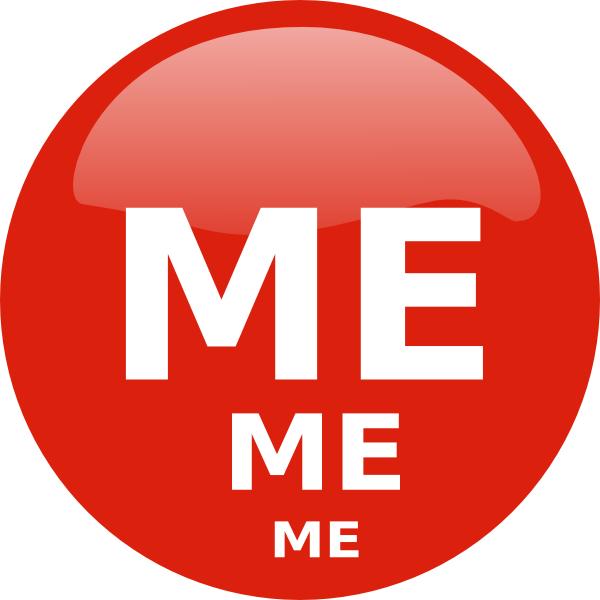Is Open Science All About "Me"?
Is a lack of humility and service at the heart of the Open Science movement?
The major stakeholder in biomedical science is the public. Open science seeks to bring more of the public into the scientific process, making it transparent, democratizing it, and opening it to scrutiny in order to increase trust and deepen the scientific understanding across society.
Unfortunately, it seems poised to do exactly the opposite.
Human psychology is a component of this — familiarity breeds contempt, and this is true for people and topics. We get sick of things easily, and the more we know about something or someone, the more doubts can grow.
The way biomedical information is uniquely vulnerable to corruption and exploitation is a part of this. The closer science gets to topics involving human health, it seems there’s a direct correlation with greed and deceit. Guarding against this isn’t easy, and journals, universities, and governments have struggled themselves.
A recent long-winded essay by a developmental biologist reveals the biggest problem of open science, I think — the word “I” is used 32 times, while the author refers to himself an additional 41 times, for a total of 73 references to me, myself, and I. Overall, the tone of the essay is, “me, me, me.” There no sense of humility or service or acceptance of honoring the field, its expectations, its standards, or its legacy. Instead, there is hubris, arrogance, and egocentrism. We are subjected to a 2,500+ word justification of why the author preprinted his work but didn’t submit it to a journal — and it boils down to “me, me, me.”
Now, when science becomes that kind of friend, who wants to hang around?

The disrespect shown to the public by such academics and their allies — many of whom enjoy proposing or defending systems that are more confusing, time-intensive, and distracting than a system that produces finished information bundles released by trusted intermediaries with accountability and expertise — well, it’s working against the public’s respect and acceptance of scientific findings and authority.
Arguments by the transgressives constantly pushing for change at all costs also lack any real substance when you get below the catchphrases and buzzwords.
“Democratize information” means what exactly? Have a bicameral legislature, a judicial branch, and an executive branch with representation passing laws and adjudicating disputes? A parliament, another bicameral legislature, and prime minister? Which form of democracy? Most democratized societies resemble the journals system more than any open science concept. Or is this techno-utopian code for libertarianism?
“Open” means what exactly? You ask the question and refuse to relent until you get a coherent response, and the answers are soon delivered with the kind of frustration you might get when you ask a religious person to explain how their version of a higher being that loves them can let children starve.
That’s not to say the journals system has been or is perfect by any means. It has its problems, and resurrecting a litany of these becomes an exercise in “whataboutism.” This rhetorical trick can flummox momentarily, but those employing it never can answer how they would fix the problem, except to propose more buzzword-driven systems that amount to giving up on solving it.
It’s like saying that because some people get away with running red lights, we should have “open intersections” and let each person make their own mind up about how to proceed.
The reality is that professionals working diligently on improving the truth-seeking system and reliability of trusted intermediaries remains the best path forward — one that respects the public, places science and scientists back in a service role, and demands humility instead of hubris from its practitioners more often than any proposed alternative I’m aware of.
We now have enough evidence that wading into “open” has done nothing its advocates claimed it would, because it has a fundamental flaw — “open” has become synonymous with “I, as a researcher, can do whatever I want, and expect you to serve me.” In that mode, “open” becomes a version of lazy entitlement, as if having a PhD or MD or Master’s degree means that other people have to attend to a variety of Ivory Tower whims.
It’s rewarding to serve others, and that means exhibiting a duty of care, which means remaining humble, remembering we all have feet of clay, behaving as responsible members of the communities we’re part of, and seeking the truth. “Me, me, me” is not congruous with any of the above, but it has become the modus operandi of open.
There’s an “I” in “science,” but that’s only because of how it’s spelled.